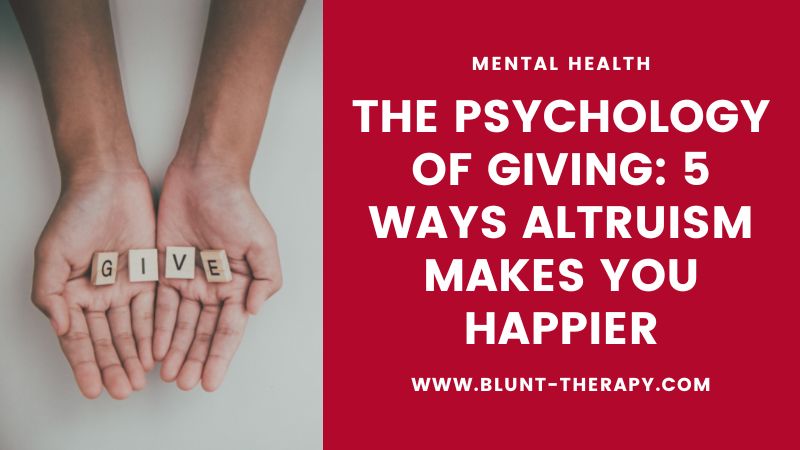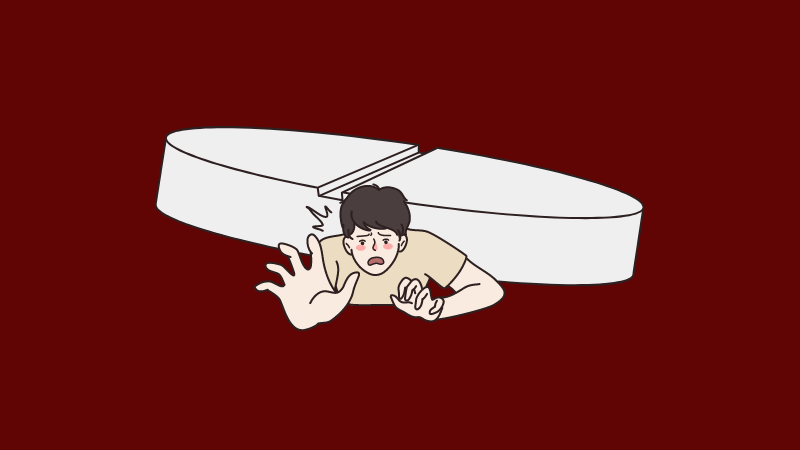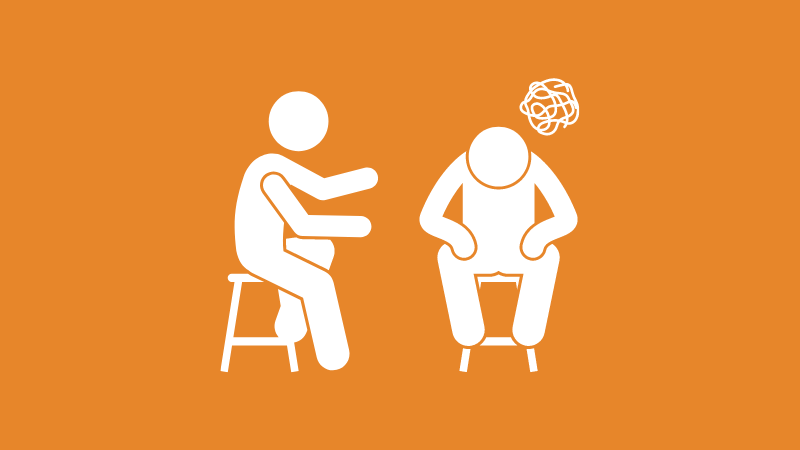Table of Contents
Affiliate link notice: As an affiliate of BetterHelp and other third-party vendors, We will receive compensation if you make a purchase using the links provided on this page. For more information, visit our disclosure page.
Last Updated on July 19, 2024 by Randy Withers, LCMHC
Car accidents can abruptly disrupt your life, leaving more than just physical injuries. The emotional and psychological impact of car accident trauma can be profound, affecting your daily functioning and overall well-being. Even seemingly minor collisions can lead to significant challenges that extend beyond immediate physical recovery.
Addressing these issues requires a multifaceted approach, tackling both visible injuries and the often-overlooked emotional toll. This guide will walk you through essential steps for a holistic recovery, from setting practical goals and seeking professional support to integrating positive coping mechanisms and resuming your routine.
By following these strategies, you can navigate the recovery process more effectively and work towards regaining a sense of normalcy and control.

8 Steps to Recovery From Car Accident Trauma
The following eight steps provide a clear roadmap to help you rebuild your life and regain control, ensuring that you don’t just survive the aftermath but truly recover and thrive. Each step offers practical strategies and insights, helping you to manage the emotional and physical impacts of the accident while setting you on the path to full recovery.
Seek Professional Help
Following a car accident, it is critical to seek the advice of a competent professional to identify any symptoms that may suggest more serious health issues.
People who struggle with car accident trauma are more likely to develop post-traumatic stress disorder (PTSD) if left untreated. PTS can make it difficult for people to enjoy their personal lives and relationships, as well as keep their jobs and provide for their families. The good news is, PTS is treatable.
Set Clear Goals
Although this may be easier for injured athletes to do, it may help anyone who is fighting for a full recovery. Setting goals may be a beneficial way to focus your efforts, keep moving forward, and guide your behavior. Not only that, but it also gives us a sense of empowerment. When we accomplish our goals, it gives us a feeling of accomplishment and keeps us motivated.
If you’d like to learn more about setting goals in therapy, check out this article.
Be Honest with Your Friends and Family
Accident victims may feel the need to isolate themselves and deal with the emotional and mental fallout alone. Avoid doing this as it will exacerbate the experience.
Notify your friends and family that you are not feeling well after an accident. If you are honest with your loved ones, they will understand how much they value you and may even provide you with resources to help you recover.
Gradually Return to Your Normal Routine
One of the most critical aspects of the healing process from car accident trauma is resuming your normal routine, which might be tough at times. Participating in familiar activities may help you feel more in control and normal. Nonetheless, it is important to avoid rushing through the process; start with easy tasks and gradually progress to more challenging ones on your own.
Address Your Physical Injuries
If you want to be well mentally, you have to get well physically first. Taking time off work and consistently doing physical therapy exercises are two of the most critical elements of a successful recovery following a car accident. Remember not to be too quick to judge or too harsh on yourself as your body heals. Slowly but surely, you can work your way back into your regular schedule.
Explore Positive Coping Mechanisms
Improving your capacity to cope with stressful events may be very beneficial to your mental health recovery. Yoga, meditation, and mindfulness are some examples of activities that might help with stress and anxiety management. Discovering a new hobby or rekindling an old love may be quite useful as a kind of rehabilitation. Participation in these activities not only provides a pleasant distraction but also contributes to a sense of accomplishment and general well-being.
Use Visualization as a Tool
A part of our brain becomes aroused when we plan and execute something, according to research. Think about this situation: Your femur has broken, and now you must recover. Think about how much easier it would be to jog along the beach or rapidly walk around the block if you had two healthy, powerful legs. You may think of yourself like this. For others, it helps to see themselves physically recovering. You can envision the self-healing of a broken bone or the suturing of torn muscles. Each of them may contain instances of healing images.
Get Legal Support
After a car accident, you may be feeling overwhelmed by worry and financial strain; seeking legal assistance may help. You may be able to get money to cover things like medical bills, missed earnings, and property damage if the accident wasn’t your fault.
When it comes to getting clients the money they deserve after a car accident, attorneys play a crucial role. You may receive answers to your questions about the legal procedure, representation in negotiations with the at-fault party’s insurance company, and legal representation in court from an experienced attorney who specializes in car accident cases.
For example, hiring a victims advocate can provide you with the assurance and financial stability you need to focus on getting well mentally and physically.
Final Thoughts
Navigating recovery from car accident trauma can feel overwhelming, but it’s a journey of rediscovery and resilience. Embracing professional help early on sets a foundation for tackling both physical and emotional hurdles, ensuring no issue goes unaddressed.
Setting goals infuses each day with purpose and direction, transforming the recovery process into a series of manageable steps. Communicating openly with loved ones breaks the isolation that can accompany trauma, fostering a network of support.
Gradually reintegrating into daily routines and addressing physical injuries with patience promotes both mental and physical healing. Legal support can provide the financial stability needed to focus on recovery, while positive coping mechanisms and visualization techniques can empower you to envision and achieve a healthier future.
Through this multifaceted approach, recovery becomes not just about returning to normal but discovering new strengths and capacities within yourself.









